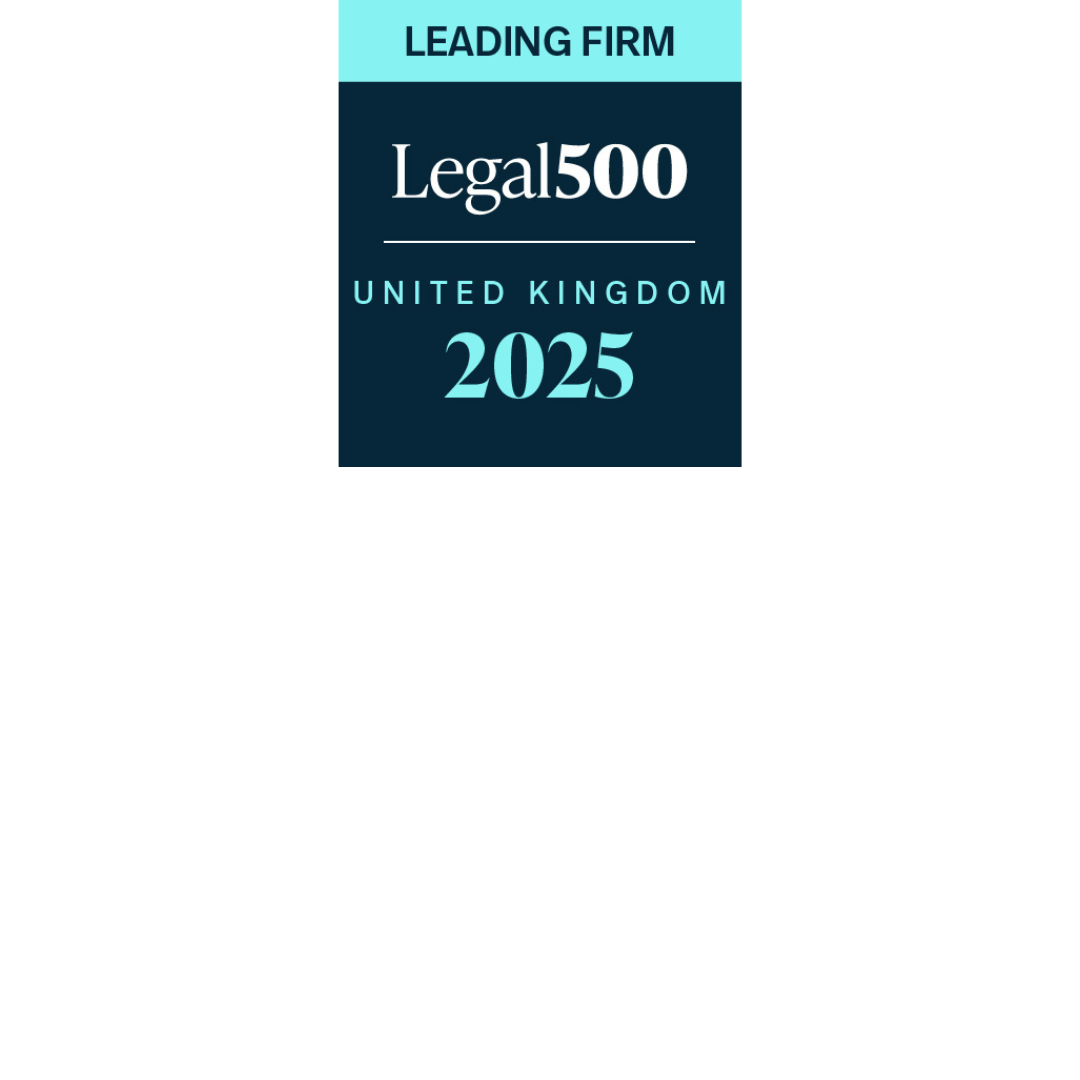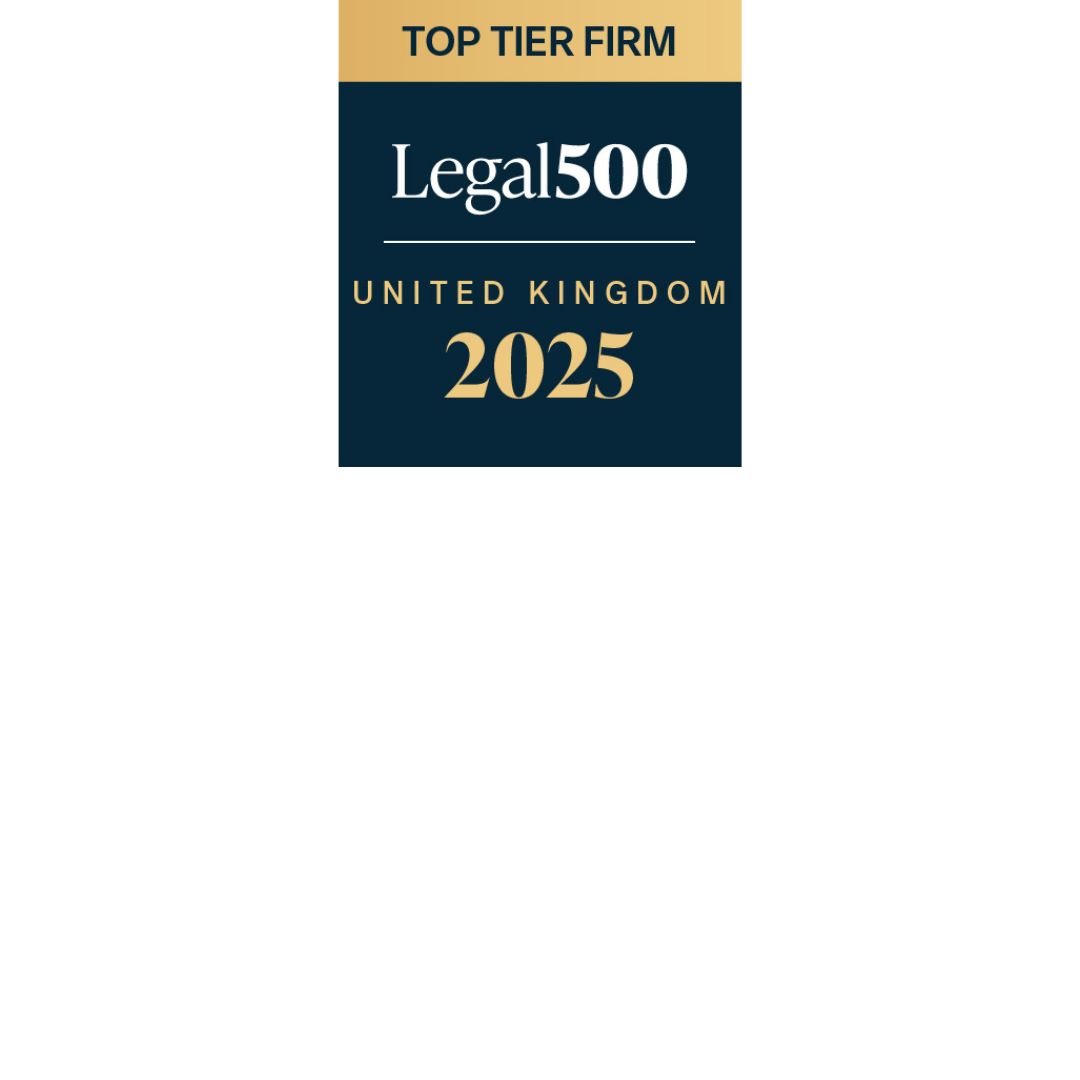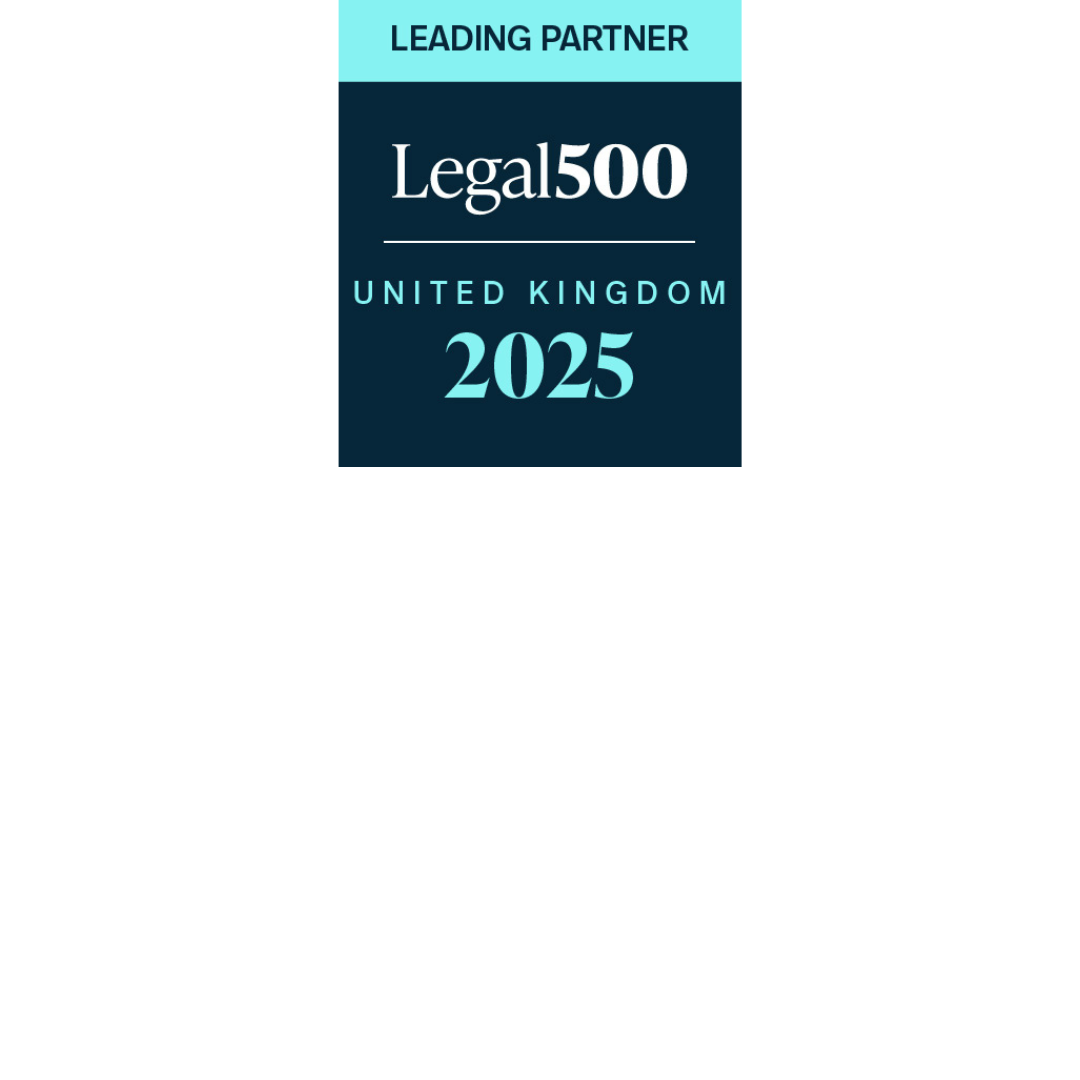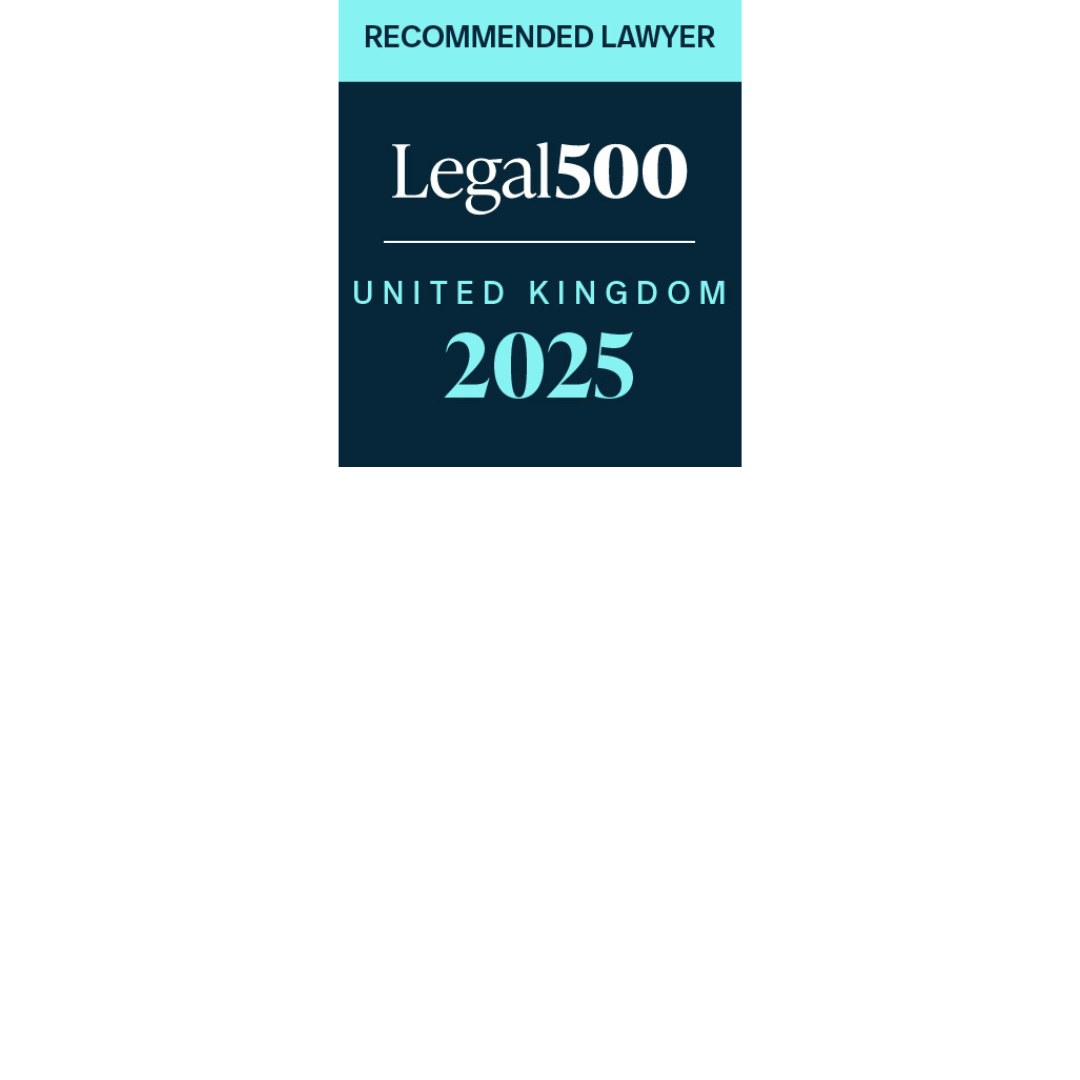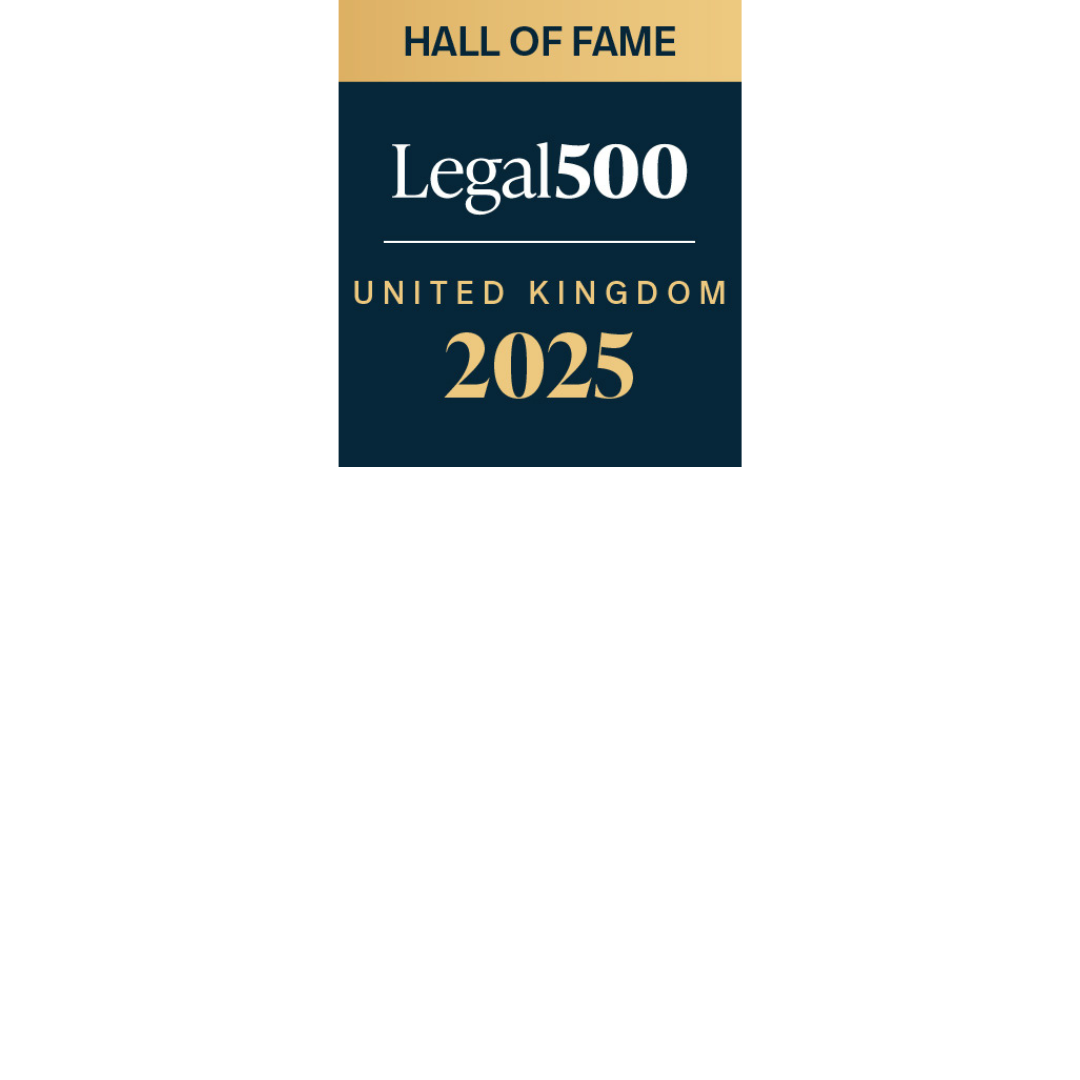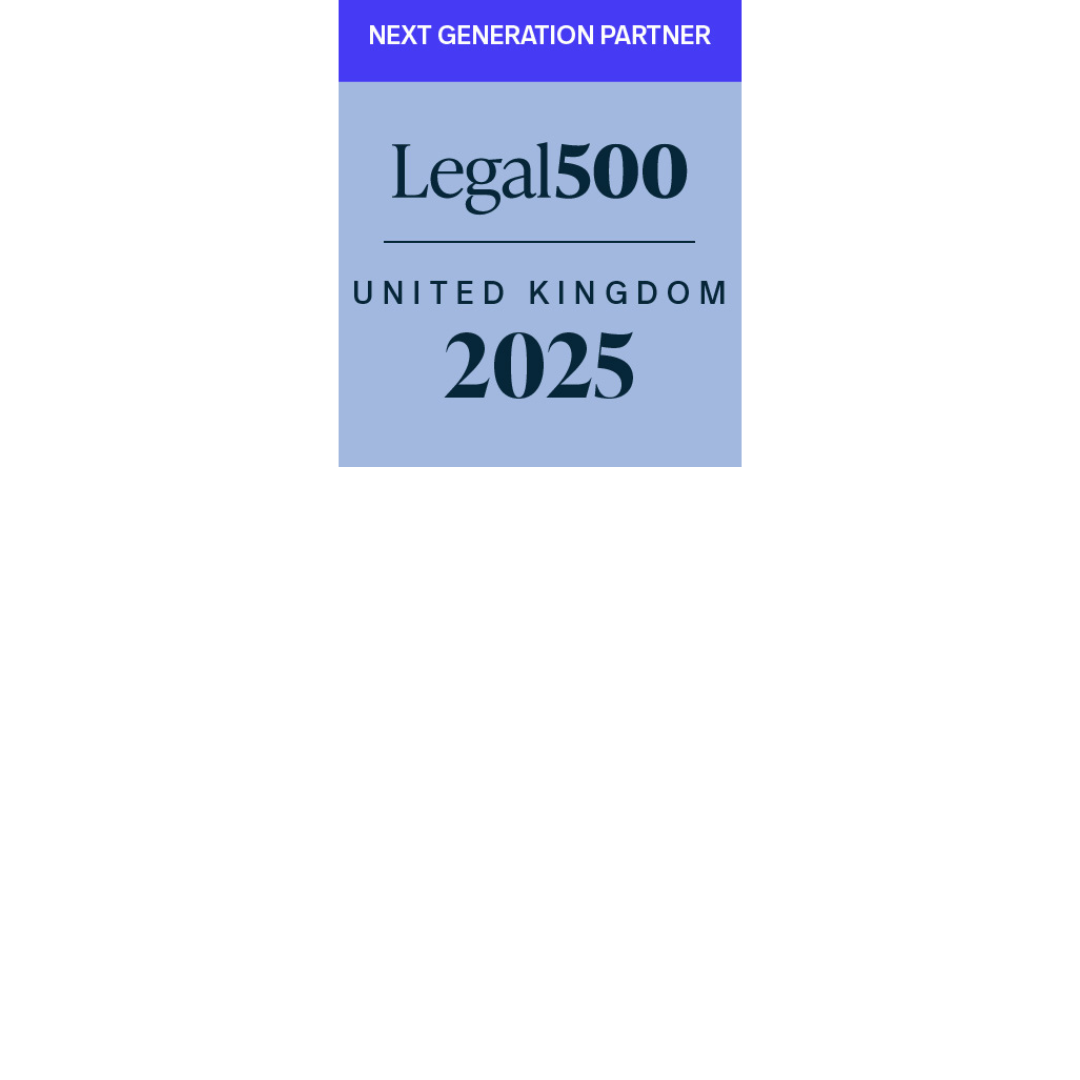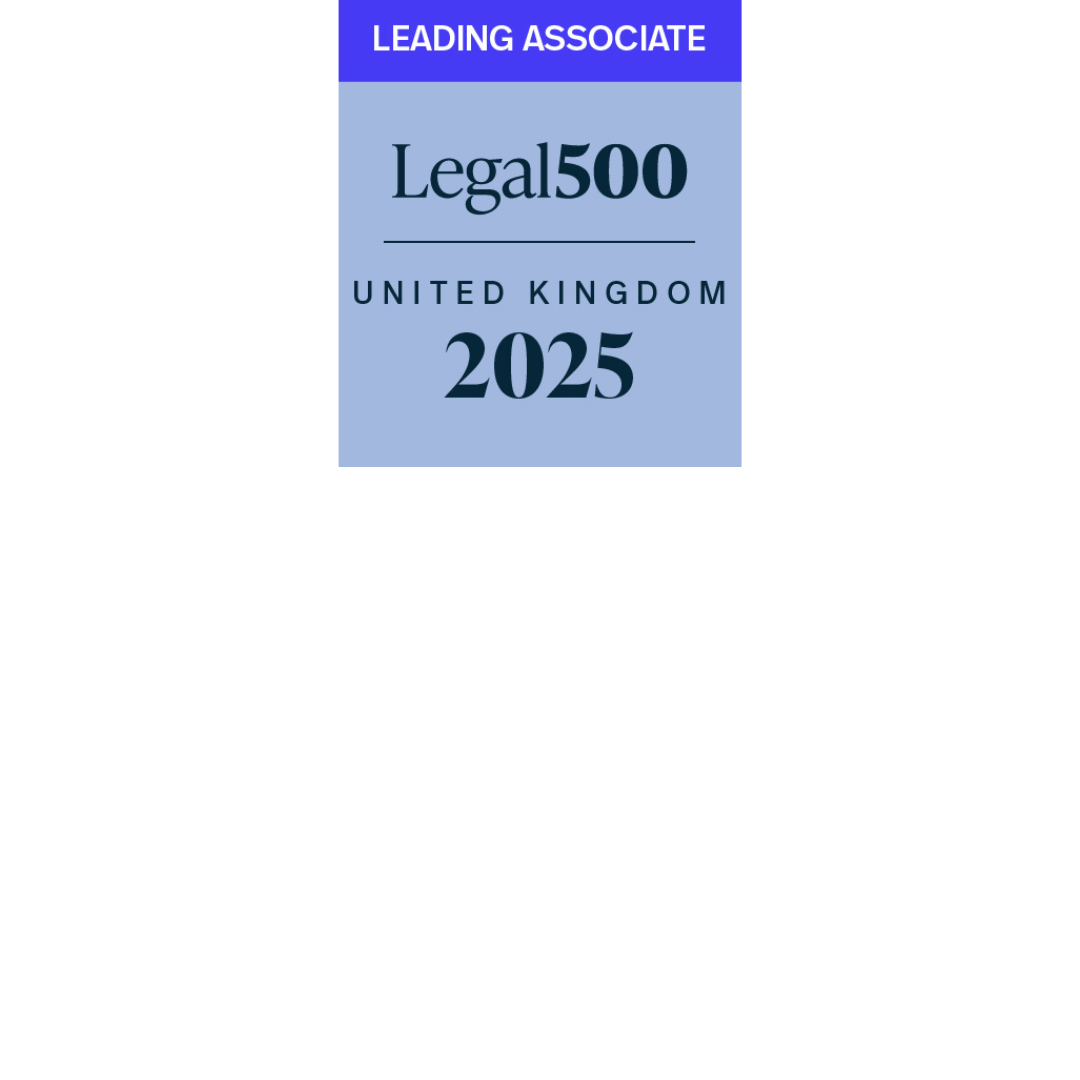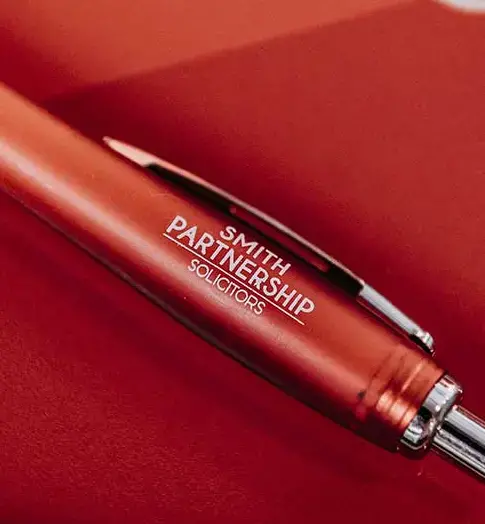
FAQs
It’s likely you’ll be able to find the answer in our FAQs which cover all of our services. You can filter questions by service area or search for a relevant word or phrase.
Unable to find an answer? Contact us on 0330 123 1229, or complete a contact form and a member of our team will be happy to help.
Childcare
Can I have contact with my child, once they have been adopted?
After a Placement or Adoption Order has been made, the court will decide as to whether there should be any contact between you and your child as any existing Child Arrangements orders will be extinguished once a Placement Order is made. The court can be asked to make orders for direct or indirect contact. Often indirect contact is ordered which is called Letterbox Contact and means that you as a parent can write letters to your child either once or twice a year.
Sometimes, two-way letters are ordered which means if the child is older, then they can write back to you if they want to. You should always engage with Letterbox contact because it demonstrates your commitment to the child and gives them the message that you still care about them.
Contact post Adoption Order is rare, especially if the adopters do not agree to ongoing contact between you and your child.
Childcare | Residence Involving Local Authority
Am I entitled to Legal Aid?
If you receive a letter from Social Services letting you know that they are worried about your child and are considering applying for a Care or Supervision order, or they make such an application, then you as a parent will be entitled to automatic legal funding, which you do not have to pay back.
If however you wish to bring any other application before the court, such as a Special Guardianship Order, a Child Arrangements Order or to discharge a Care Order, then Legal funding is not always guaranteed and will be subject to means and merits testing. If you wish to find out about whether you qualify for funding, then please ring a member of our Child Care Team for advice.
Debt Recovery
When should I issue a Letter Before Action?
It’s important that before a Letter Before Action is issued, you have attempted to engage with amicable conversation with your debtor. This should include emails and less formal letters, which are followed up by a phone call.
In a lot of cases, this is enough to resolve an unpaid debt. However, if a payment is still outstanding, a Letter Before Action can be sent.
Debt Recovery
What happens after a Letter Before Action is sent?
The Letter Before Action is the final communication before legal proceedings commence. After the due date as set out in the LBA has passed and no payment has been made, the next stage of the debt recovery procedure is issuing a County Court Claim. Following that, you will be able to obtain and enforce a County Court Judgement.
Debt Recovery
What is a letter of claim?
A new pre-action protocol for debt claims came into force on 1 October 2017. This will apply to you if you are a business (including sole traders and public bodies) claiming payment from an individual (including a sole trader). The new protocol does not apply to business to business debts unless the debtor is a sole trader. The letter of claim has differing requirements from the letter before action.
Personal Injury
Can I claim on behalf of my child?
Yes, if your child has been injured and it wasn’t their fault, a claim can be made on their behalf by an appropriate adult, i.e. a parent, guardian or close relation. The individual claiming on behalf of the child is known as a Litigation Friend. Claims for children are generally treated the same as any accident claim made by an adult, although there are the following exceptions that a child can bring a claim for compensation and formally start court proceedings at any time up until their 21st birthday. However, it is advisable to seek legal advice about your claim as early as possible, whilst the evidence is still fresh. Any settlement in a case involving a child must be approved by the court. If a settlement has been agreed outside of court, court proceedings will still go on to get the judge’s approval that the settlement you are receiving is fair. The child, Litigation Friend and your solicitor or barrister will be required to attend the hearing and when a claim has reached settlement, the amount of compensation awarded will be invested by the court on behalf of the child, until they turn 18 years old. This investment typically takes the form of a trust fund.
Personal Injury
What is a Conditional Fee Agreement (CFA)?
A CFA or “no win no fee” agreement means that if you lose your claim you will not have to pay anything to us for our fees and we will write off the time that we spent on your case.
Personal Injury
Will I keep all of my compensation if I win?
If we are successful with your claim we will recover our basic fees and expenses from the Defendant but we will ask you to pay us a “success fee” out of part of your compensation. In some cases the amount of basic fees that we can recover from the Defendant if we win the case will be restricted or fixed by law, which can mean that we are unable to recover all of our normal fees for the time that we spent on your case. If that occurs we can also ask you to contribute to some or all of the shortfall in our basic fees out of your compensation, in addition to the success fee. We will always give you full information about the net amount of compensation you are likely to receive to agree this with you before your claim is concluded.

